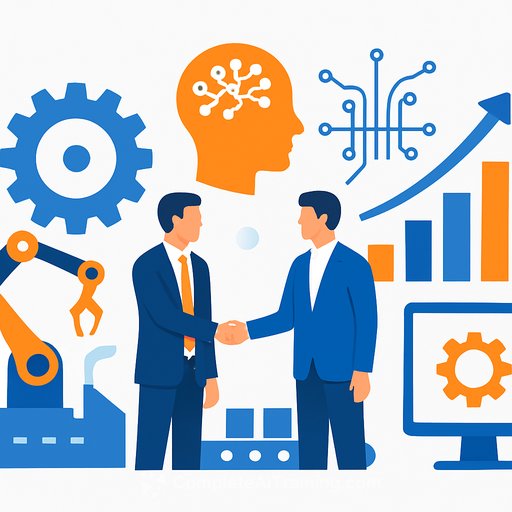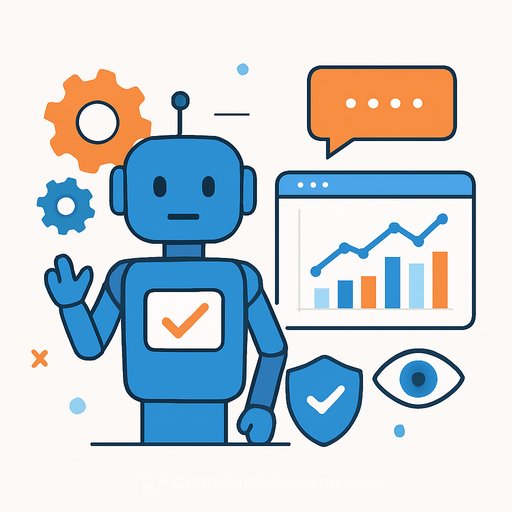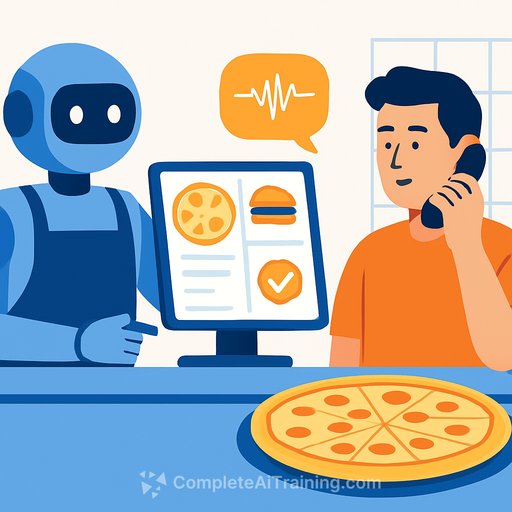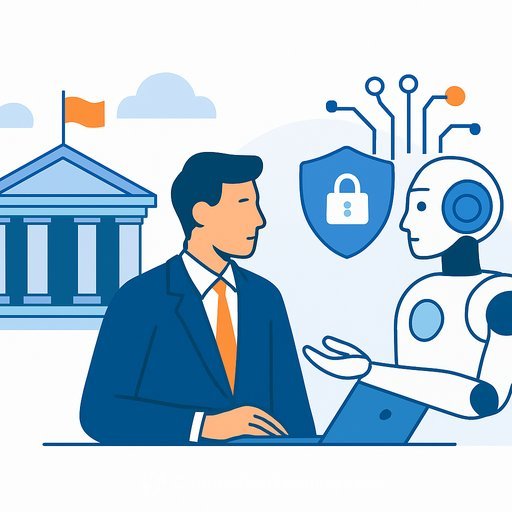Siemens and Capgemini deepen partnership to make AI-native manufacturing practical
Cairo - Siemens and Capgemini are expanding their strategic partnership to co-develop AI-native digital solutions across product engineering, manufacturing, and operations. These solutions bake AI into the core from day one, rather than bolting it on later. The focus: 16 high-impact capability areas that drive measurable gains in production efficiency, time-to-market, quality, sustainability, flexibility, and resilience.
The two companies are combining Siemens' industrial software, automation, electrification, and sustainability stack with Capgemini's engineering depth, industry knowledge, and transformation expertise. The goal is simple: close the IT/OT gap using industrial AI, digital twins, and next-generation automation. Expect AI agents orchestrated across engineering and manufacturing teams to streamline collaboration, reduce delays, and improve decision speed.
What "AI-native" means for operations
- AI sits inside core workflows (not treated as a side feature), from design to shop-floor execution.
- Digital twins model lines, assets, and energy systems for faster optimization and changeover planning.
- Integrated IT/OT enables real-time data flow from PLM, MES, SCADA/DCS, and ERP to analytics and AI agents.
- Outcomes target production efficiency, shorter time-to-market, higher first-pass yield, lower energy intensity, and better sustainability metrics.
How they'll deliver
Siemens brings the technology backbone: industrial AI, digital twins, and automation. Capgemini adds engineering scale, industry playbooks, and change execution. Together, they will roll out AI-native assets that complement Siemens platforms and enable cross-silo collaboration with AI agents to cut queues in engineering, quality, and operations.
Client outcomes already in motion
Airbus: Decarbonization across four industrial sites in the U.S. and U.K. Siemens' technologies support Airbus' targets to cut energy consumption by 20% and reduce Scope 1 and 2 stationary emissions by 85% by 2030. Energy system twins will simulate the best decarbonization roadmaps. Capgemini provides consulting, program management, and planning.
Sanofi: Standardizing production processes and accelerating global MES deployments. With Gen AI, paper batch records are replaced with digital ones, review time drops by 70%, deviations fall by 80%, and production management is streamlined for efficiency, quality, and compliance.
GravitHy: Digitalizing industrial processes to improve agility and operational efficiency, with a target to reduce hydrogen production costs by up to 10%.
What this means for your plant
- Build a unified data backbone across PLM, MES, historians, and ERP to support AI agents and digital twins.
- Start with 2-3 use cases tied to hard KPIs: OEE, first-pass yield, batch review cycle time, energy per unit, and changeover time.
- Use energy system twins for site-level decarbonization planning and load optimization.
- Pilot AI agents for quality review, deviation triage, digital work instructions, and maintenance recommendations.
- Accelerate MES rollout with standard templates, golden master data, and automated validation packs.
- Tighten IT/OT security and access controls before scaling AI across lines or sites.
- Set AI governance early: data lineage, model monitoring, exception handling, and audit readiness.
- Upskill frontline teams in MES, data literacy, and AI-assisted workflows to avoid adoption stalls.
90-day implementation checklist
- Weeks 1-3: Confirm baseline KPIs and data sources, map system interfaces, pick quick-win pilots.
- Weeks 4-6: Stand up data pipelines, configure MES templates, deploy first digital twin model.
- Weeks 7-9: Pilot AI agents for one workflow (e.g., batch record review), define SOPs and guardrails.
- Weeks 10-12: Measure impact, lock standards, plan multi-site rollout with funding and governance.
Industries and scale
The joint initiative targets aerospace, automotive, and life sciences, plus areas like hydrogen and water/wastewater. Capgemini will expand its pool of certified experts to support growth across technologies, industries, and countries. The partnership already supports 100+ clients in 20 countries.
About the partners
Siemens AG (Berlin and Munich) builds technology for industry, infrastructure, mobility, and healthcare-linking the real and digital worlds to enable digital and sustainability transformations. Siemens is a leader in industrial AI and holds a majority stake in Siemens Healthineers. Fiscal 2024 revenue: €75.9B; net income: €9.0B; ~312,000 employees. Learn more at siemens.com.
Capgemini is a global business and technology transformation partner with 420,000 team members in 50+ countries, delivering strategy, technology, design, engineering, and operations. 2024 global revenues: €22.1B. Learn more at capgemini.com.
Helpful resources
- NIST AI Risk Management Framework for AI governance and monitoring.
- ISA-95 for IT/OT integration across ERP, MES, and control systems.
Upskill your ops team
If you're building AI-native workflows or scaling MES, structured learning helps. Explore role-based programs and certifications here:
Your membership also unlocks:






